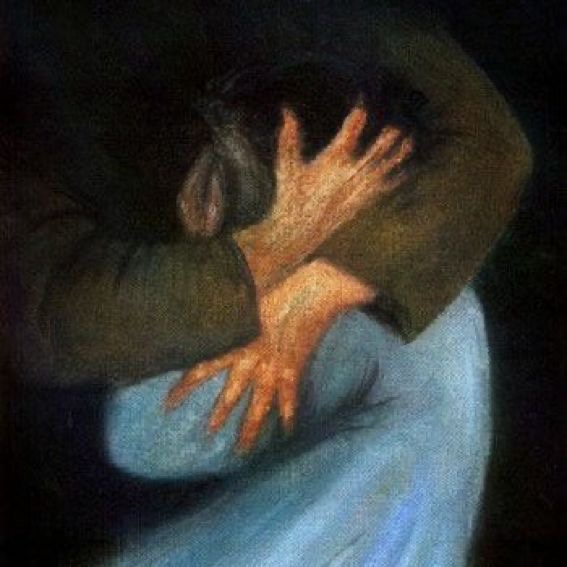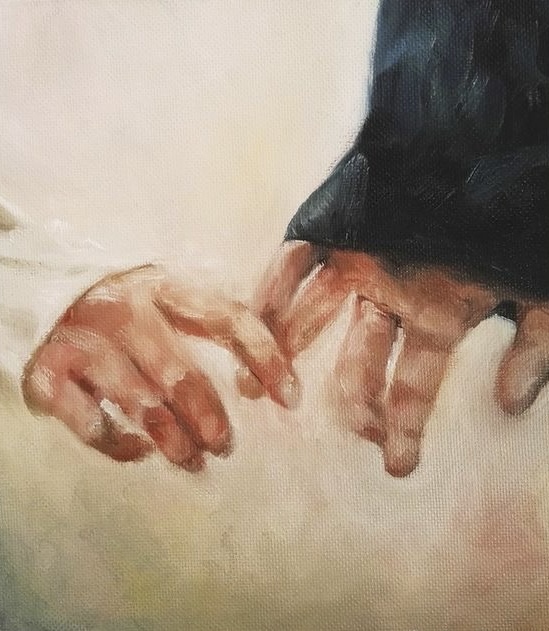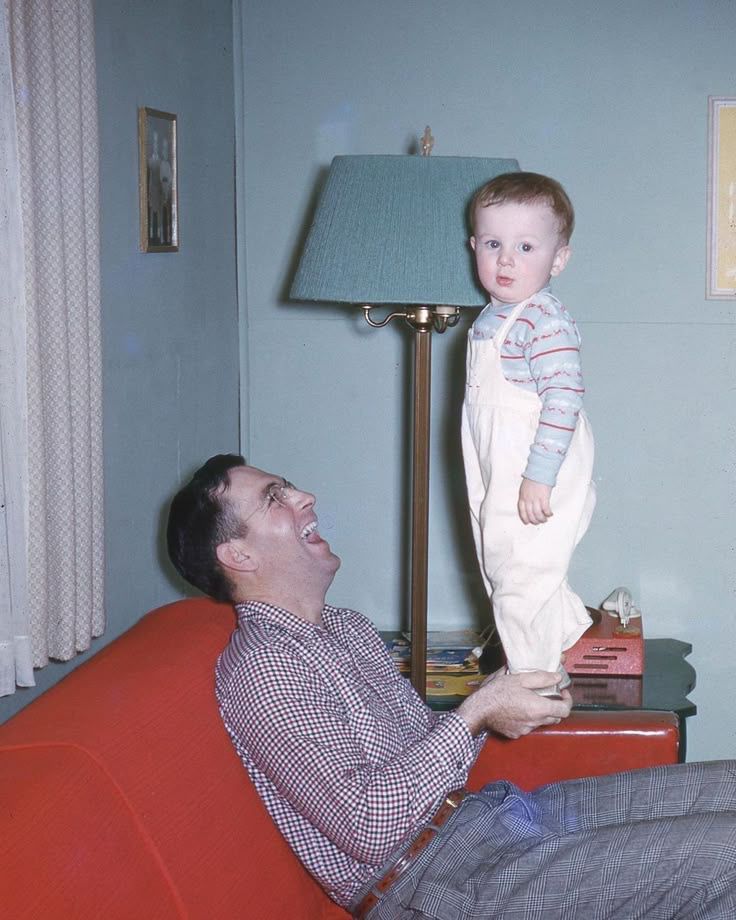
Traumatic experiences that leave a deep mark on a person's life are not only remembered at the moment they occur, but also re-emerge emotionally at specific times thereafter. Even years later, certain dates, seasons, or similar circumstances can rekindle the emotional weight of these experiences. In psychoanalytic literature, this phenomenon is referred to as an anniversary reaction. An anniversary is not merely a date marked on a calendar; it represents an unconscious re-enactment of the traumatic event.
Loss is one of the most common domains in which anniversary reactions manifest. The grieving process that follows the death of a loved one requires a reorganization of both past relationships and future expectations. However, this process does not follow a linear trajectory; on certain dates or during specific moments—especially anniversaries—the impact of the loss becomes emotionally prominent again.
Anniversary reactions can manifest on emotional, cognitive, and somatic levels, even years after the loss. They may present as restlessness, withdrawal, recurring dreams, bodily symptoms, or tension in interpersonal relationships. At such times, the anniversary transforms from a mere chronological marker into a threshold where past and present intersect at an unconscious level.
To understand this phenomenon, Freud’s concept of repetition compulsion is particularly relevant: feelings related to the loss resurface on anniversaries in an unprocessed, unconscious form. Melanie Klein’s object relations theory also offers insight, emphasizing that loss is not merely the absence of an external figure, but a disruption within the internal object world. As such, anniversaries can make visible to what extent the individual has reestablished a sense of internal security or where emotional vulnerability persists.
Anniversary reactions are not limited to the individual level; they may also emerge in the context of transgenerational transmission. For instance, a person who lost a parent at a particular age may experience similar anxieties upon reaching that same age themselves—or may feel heightened concern when their own child reaches that age. This highlights an intergenerational dimension of anniversary responses.
Individuals who are able to acknowledge and integrate their loss tend to experience anniversaries in a more cohesive and manageable manner. In contrast, for those who deny or repress their grief, anniversaries may provoke more fragmented and intense emotional responses. Therefore, the presence of supportive spaces where loss can be symbolically processed becomes essential. Memorial rituals, shared expressions, or therapeutic settings can transform anniversaries from occasions of recurring pain into opportunities for meaning-making and emotional integration.
In conclusion, anniversary reactions reveal the prolonged impact of traumatic experiences and losses over time. Although the loss itself may not be left behind, the individual can revise their relationship with it and continue with life. These recurrences not only reproduce the pain but also reflect the continuity of mourning and the potential for inner reorganization.
Bibliography:
Dönmez, S. (2019). Anniversary of Bereavement: Phenomenology of Anniversary Reactions on Traumatic Loss of a Loved One [Master's Thesis, Istanbul Bilgi University]. Yüksek Öğretim Kurulu Tez Merkezi database.




